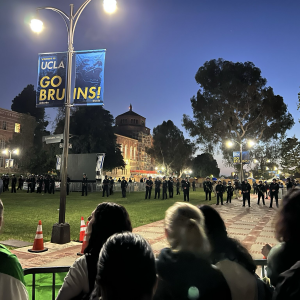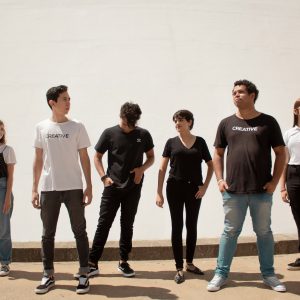 View Winners →
View Winners → City of Hope’s Samuel Rahbar receives ADA’s National Scientific and Health Award
Pioneering City of Hope diabetes researcher Samuel Rahbar, M.D., Ph.D., received the Samuel Rahbar Outstanding Discovery Award from the American Diabetes Association (ADA). The one-time namesake award is one of the association’s National Scientific and Health Care Achievement Awards.
Rahbar, a distinguished professor in the Division of Diabetes, Endocrinology and Metabolism at City of Hope, received the honor June 11 during the ADA’s 72nd scientific sessions in Philadelphia.
In 1968, Rahbar found that a molecule called HbA1c forms when sugar glucose reacts with hemoglobin, the molecule that carries oxygen in red blood cells. HbA1c has become the gold standard for diagnosing diabetes, measuring the risk of certain complications of the disease and determining the effectiveness of new diabetes therapies. The discovery has led to new areas of basic and translational research.
“This award is well deserved,” said Arthur Riggs, Ph.D., chair of the Department of Diabetes and Metabolic Diseases Research at City of Hope and a renowned molecular biologist whose own work helped lead to the creation of synthetic human insulin. “Dr. Rahbar’s discovery of protein glycation was the pioneering discovery in what is now a large field. Moreover, his discoveries led to the best way to measure how well blood glucose levels are controlled. His discoveries have had tremendous impact.”
Rahbar, 83, continues his diabetes research and currently is studying molecules that inhibit glycation, the reaction of glucose with other molecules in the body, including hemoglobin. Glycation causes many diabetes-related complications, including damage to the eyes, nerves, kidneys and other organs.
Rahbar came to City of Hope in 1979 following two decades as a researcher at the University of Tehran in Tehran, Iran. He received his medical degree and his Doctor of Philosophy from the University of Tehran.











































































































